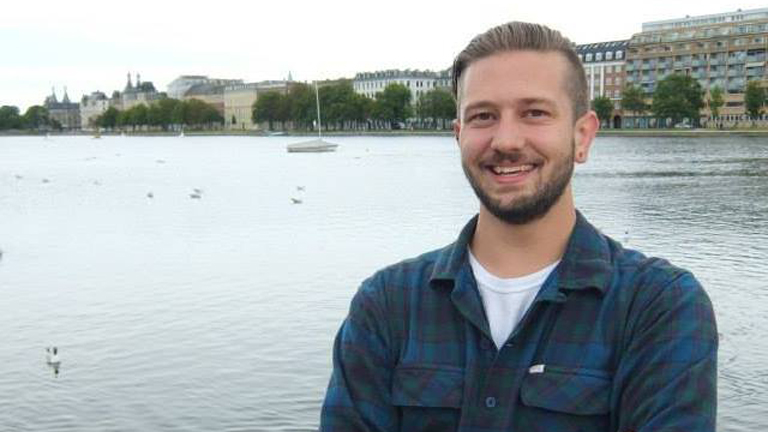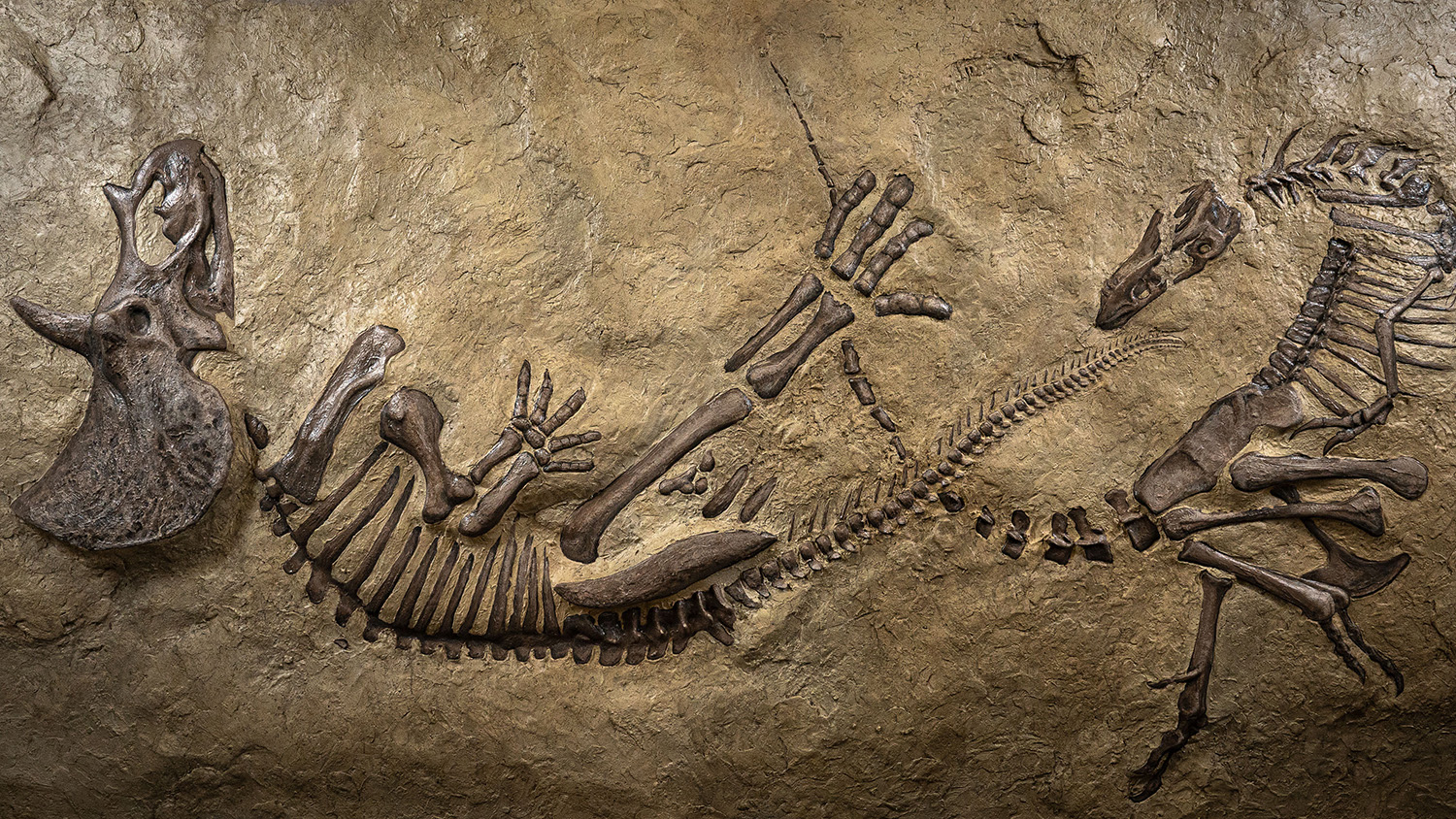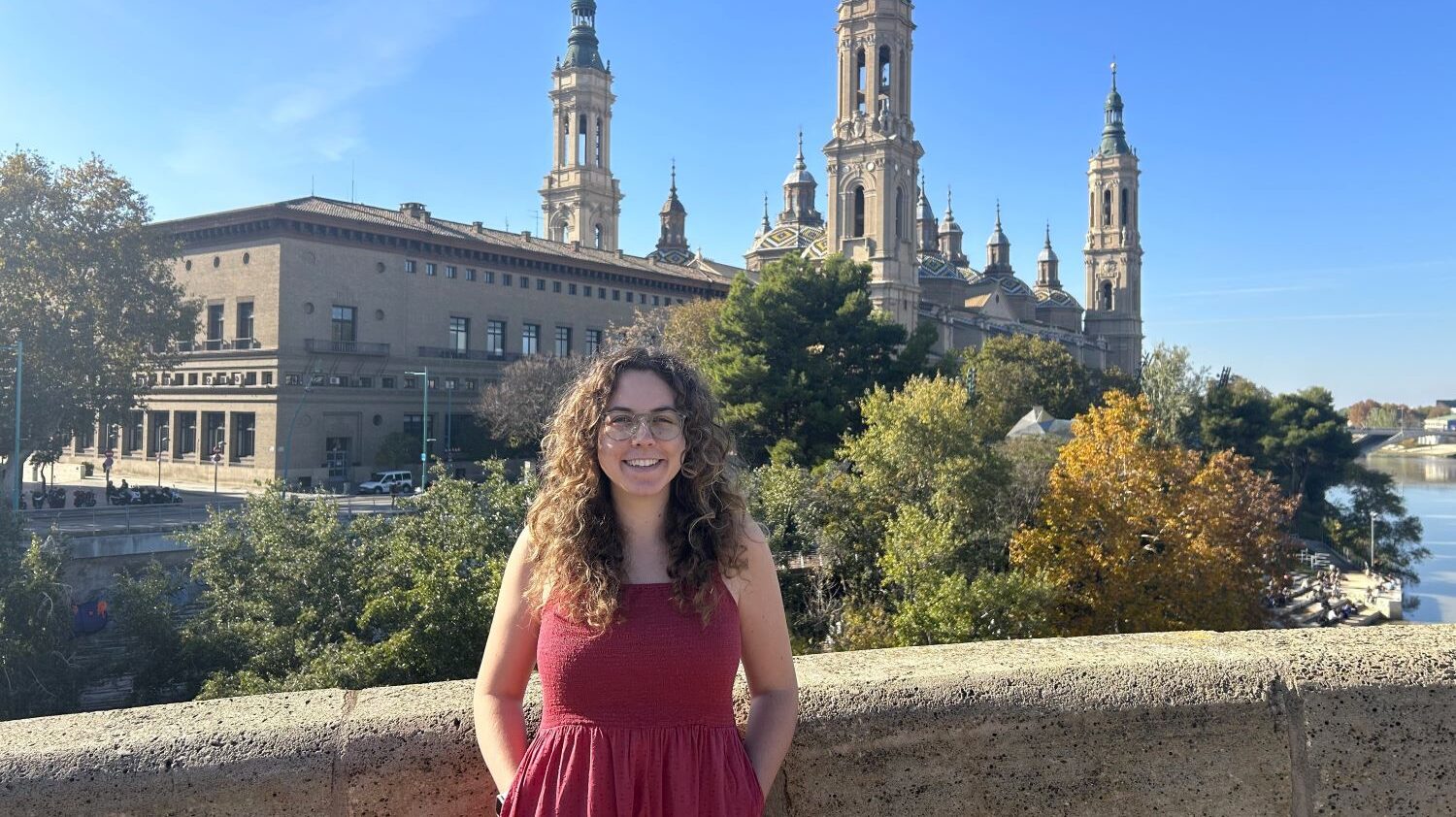NC Native Finds Passion For His Roots — and For Research

Research can deepen students’ passion for a subject, challenging them to search for answers to complex questions. It permits students to be creators of knowledge, and not simply recipients of past ideas. This Q&A explores the role research can play for Humanities and Social Sciences undergraduates.
Andrew Collins is a senior majoring in history and minoring in English.
What sparked your interest in this research?
My involvement in this research started during my summer 2015 study abroad program at Oxford. I spent a few days visiting Scotland and fell in love with the history and culture. My own Scottish ancestry also provided enthusiasm for researching Scottish history. Additionally, as a native of North Carolina, I have always been fascinated with local history and enjoyed visiting historical sites in the state. After discovering the tremendous Scottish history that exists in North Carolina, a basis for my research project seemed obvious.
Briefly describe your research.
My research is focused on the Scottish Highlander settlement in colonial North Carolina and Scottish loyalism to the British during the American War for Independence. I won a grant from the NC State Office of Undergraduate Research to research full-time during the summer of 2016. I spent countless hours researching at the State Archives of North Carolina, reading through hundreds of personal letters, court dockets, loyalist petitions and state assembly records. The final product will be a 60-80 page thesis, which I will then convert into a summarized essay to submit for publication in 2017.
How do you feel the research relates to your major, minor or career goals?
I am a history major and English minor, and I am planning to attend graduate school after I graduate in December 2016. This research project has given me enough research experience to apply for Ph.D. programs in history. I am currently applying to Ph.D. programs in the U.S. and in Scotland to continue researching Scottish immigrants in early American history.
What are some things you have learned?
This project has taught me how to work independently and efficiently — exactly what I will be expected to do in graduate school. I have learned how to read and transcribe 18th century handwriting, organize hundreds of photographs of documents in series of folders, and organize my writing into full chapters. My advisor, Dr. Megan Cherry, has helped me tremendously along the way, including guidance on the process of applying to graduate schools. My ability to communicate professionally has grown significantly, as I have had to interact with faculty from several universities and archives in the U.S. and Scotland.
What have some of the challenges been?
The biggest challenge has been finding time and money to complete this project. Fortunately, winning a research grant allowed me to work full-time over the summer on this project. Seeking grants and scholarships is a useful skill for graduate-level research, and I am proud to have experience with that in my undergraduate studies.
What are some of the rewards?
This thesis has been rewarding in the sense that I am significantly more confident applying for graduate school programs. My experiences researching and communicating with fellow academics has made the process of applying for grad school much less nerve-wracking, as has presenting a poster at the summer 2016 symposium for the Office of Undergraduate Research. This project has also given me a direction and specialty for future research projects. I will be submitting an essay for publication in 2017 to the North Carolina Historical Review (and perhaps to others) and I look forward to potentially becoming a published historian.
- Categories:


